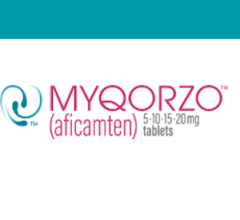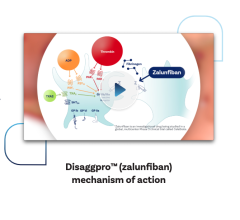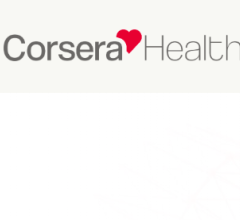
Getty Images
August 30, 2022 — A pill containing aspirin and medications to lower lipids and blood pressure more effectively prevents further adverse cardiovascular events after a heart attack compared with taking the drugs separately. That’s the finding of late breaking research presented in a Hot Line session at ESC Congress 2022.1
Dr. Valentin Fuster of the Centro Nacional de Investigaciones Cardiovasculares (CNIC), Madrid, Spain and Mount Sinai Health System, New York, US said: “The results of SECURE show, for the first time, that a polypill containing aspirin, atorvastatin, and ramipril leads to clinically relevant reductions in recurrent cardiovascular events in post-myocardial infarction patients.”
After a myocardial infarction, patients are prescribed medications to prevent subsequent cardiovascular events. These include an antiplatelet, lipid lowering medication, and a blood pressure lowering and vascular stabilizing drug. However, less than 50% of post-infarction patients consistently take all of their medications. It has been proposed that a polypill containing all three treatments would make it easier for patients to adhere to their medication.
SECURE was the first randomised trial to study the impact of a polypill on recurrent cardiovascular events in post-infarction patients. The study enrolled patients within six months of having a myocardial infarction. Dr. Fuster, principal investigator of the trial, explained: “Most patients are fully adherent after an acute event but this wears off after the first six months. We wanted to have an impact early on, while all patients were adherent. In fact, the majority of patients in the trial were started on the polypill in the first week after their myocardial infarction.”
The trial randomly allocated 2,499 post-infarction patients to a polypill or usual care. The polypill contained aspirin (100 mg), the ACE inhibitor ramipril (2.5, 5 or 10 mg) and atorvastatin (20 or 40 mg). Usual care was at the discretion of the treating physician. The primary composite endpoint was death from cardiovascular causes, nonfatal myocardial infarction, stroke, or urgent revascularisation. The Morisky Medication Adherence Scale was used to classify adherence as low, medium or high.
The average age of participants was 76 years, 31% were women, 77.9% had hypertension, 57.4% had diabetes, and 51.3% had a history of smoking. During a median follow up of three years, the primary composite endpoint occurred in 118 (9.5%) patients in the polypill group and 156 (12.7%) in the usual care group (hazard ratio [HR] 0.76; 95% confidence interval [CI] 0.60–0.96; p<0.001 for non-inferiority, p=0.02 for superiority). All four components of the primary endpoint contributed to the observed treatment effect, but the most notable contributor was cardiovascular death, which occurred in 48 (3.9%) patients in the polypill group and 71 (5.8%) in the usual care group (HR 0.67; 95% CI 0.47–0.97; p=0.03). Treatment effects for the primary outcome were similar in pre-specified subgroups (country, age, sex, diabetes, chronic kidney disease, and prior revascularisation).
Regarding secondary endpoints, the key secondary endpoint of cardiovascular death, nonfatal myocardial infarction, or stroke occurred in 101 (8.2%) patients in the polypill group and 144 (11.7%) in the usual care group (HR 0.70; 95% CI 0.54–0.90; p=0.005). All-cause mortality was similar in both groups (HR 0.97; 95% CI 0.75–1.25). Patients in the polypill group had higher levels of adherence compared with those in the usual care group.
Dr. Fuster said: “The findings suggest that a polypill could become an integral part of strategies to prevent cardiovascular events in post-infarction patients. By simplifying treatment and improving adherence, this approach has the potential to reduce the risk of recurrent disease and cardiovascular death on a global scale.”
For more information: www.escardio.org


 January 28, 2026
January 28, 2026 









